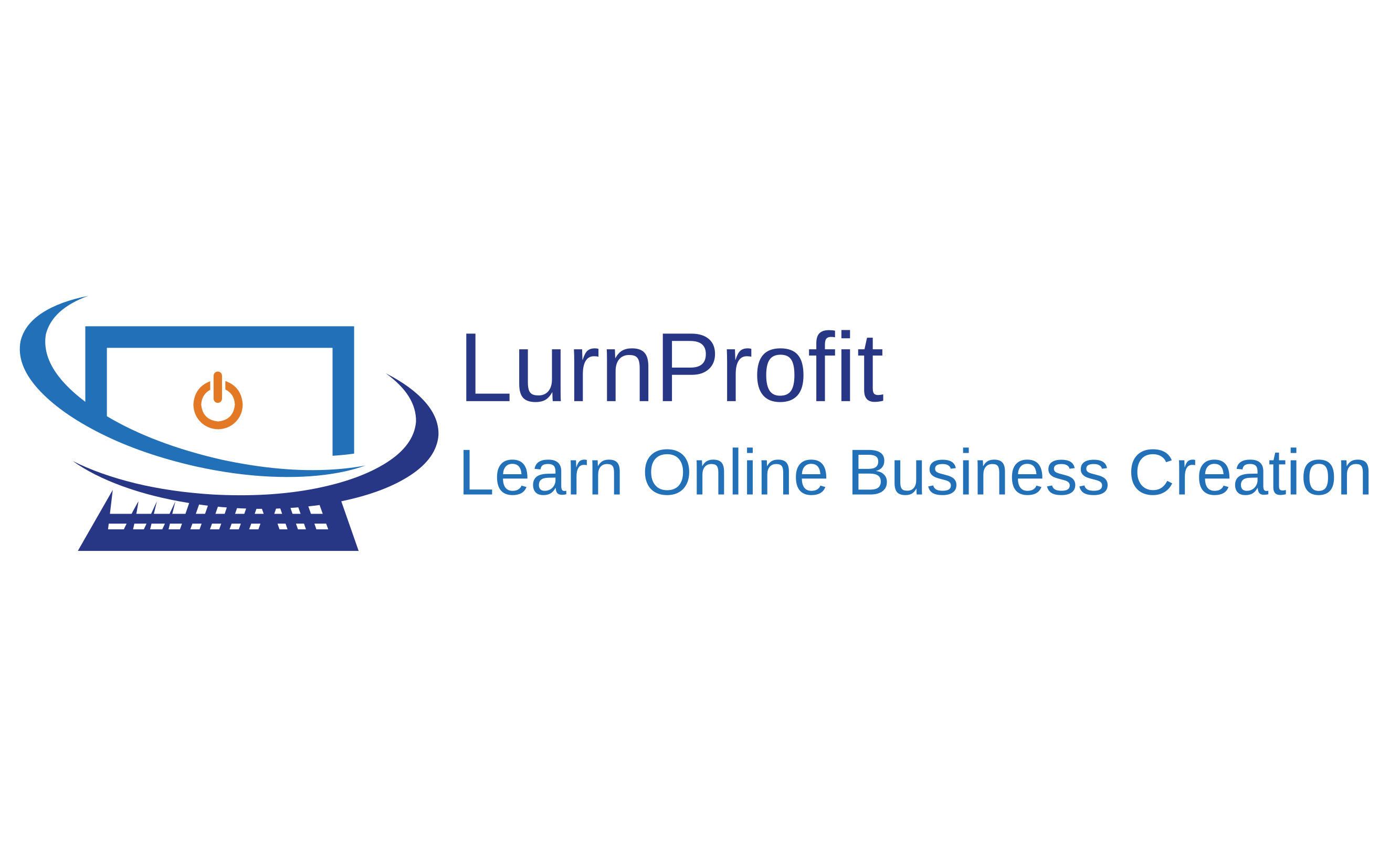Affiliate Marketing Terminology Explained
If you’re going to become an affiliate marketer, you should understand the most common terms used in the business. Below is a short glossary of affiliate marketing terminology.
- Affiliate: You, the site owner, who earns commissions for referring leads, sales, and clicks to merchants.
- Agreement: The terms between you and the merchant.
- Information page(s): The part of your website that explains what the program is about.
- Affiliate link: A snippet of code in text or an image. It’s placed on your site to notify the merchant that you should be credited for a visitor or customer that’s sent to their site.
- Manager: The person responsible for creating newsletters, setting up incentive programs, budgeting, forecasting, supervising the front-end marketing effort, and keeping up with industry trends.
- Affiliate program: Here, a merchant pays you a commission for sending sales, clicks, and leads to their site.
- Program directory: A list of programs that includes information such as affiliate numbers, commission rates, and provider names.
- Solution provider: The company that offers the software, network, and services necessary to create and track affiliate programs.
- Auto approval: An approval process wherein every applicant is automatically approved for the affiliate program.
- Commission: The income you get for generating click-throughs, sales, and leads for a merchant. It’s sometimes called a finder’s fee or referral fee.
- Cookie: A small file that’s stored on a site visitor’s computer. It records information for the merchant, such as what the customer bought and who generated the sale.
- Contextual link: Affiliate links are integrated into relevant text.
- Conversion rate: The number of clicks resulting in a lead or sale.
- CPA (cost per action): The cost of each commissionable activity.
- CPC (cost per click): The cost of each click on a link.
- CPM (cost per thousand): The cost of 1000 ad banner impressions.
- CPO (cost per order): The cost paid for every completed order.
- eCPC (effective cost per click): Affiliates earning on CPOs or CPAs will enter their numbers into an eCPC, which is the total earnings divided by the number of clicks.
- Hybrid model: A commission model with CPC and CPA payment options.
- Merchant: An online seller of services and goods. Many merchants establish these programs as a cost-efficient way to get people to take a certain action, such as visiting a site or making a purchase.
- Pay per sale: You get a commission every time you refer a person to the merchant site and a purchase is made.
- Pay per lead: You get a commission for every lead you generate for the merchant.
- PPC (pay per click): You get a commission for each visitor you refer to the merchant’s site.
- Predatory advertising: A method that overlays banners or links on websites, or uses other ways to redirect or overwrite affiliate links.
- Residual earnings: A program that pays you for not just the first purchase a customer makes, but all subsequent purchases they make as well.
- ROAS: Short for return on advertising spending, or the amount generated for each dollar spent on ads.
- ROI: Return on investment. The more sales are made, the higher the profit margin and the greater the ROI.
- Super affiliates: The top 1% of affiliates who make the majority of revenue for a program.
- Two tier: A marketing model that allows people to sign more affiliates up beneath themselves, so when those people earn commissions, they earn as well. It’s also referred to as MLM or multilevel marketing.
Now that you know the basic terminology used by affiliate marketers, you’re ready to get started.
I hope this helps you better understand all the different terminology you have been seeing.
To your affiliate marketing success , Bob
